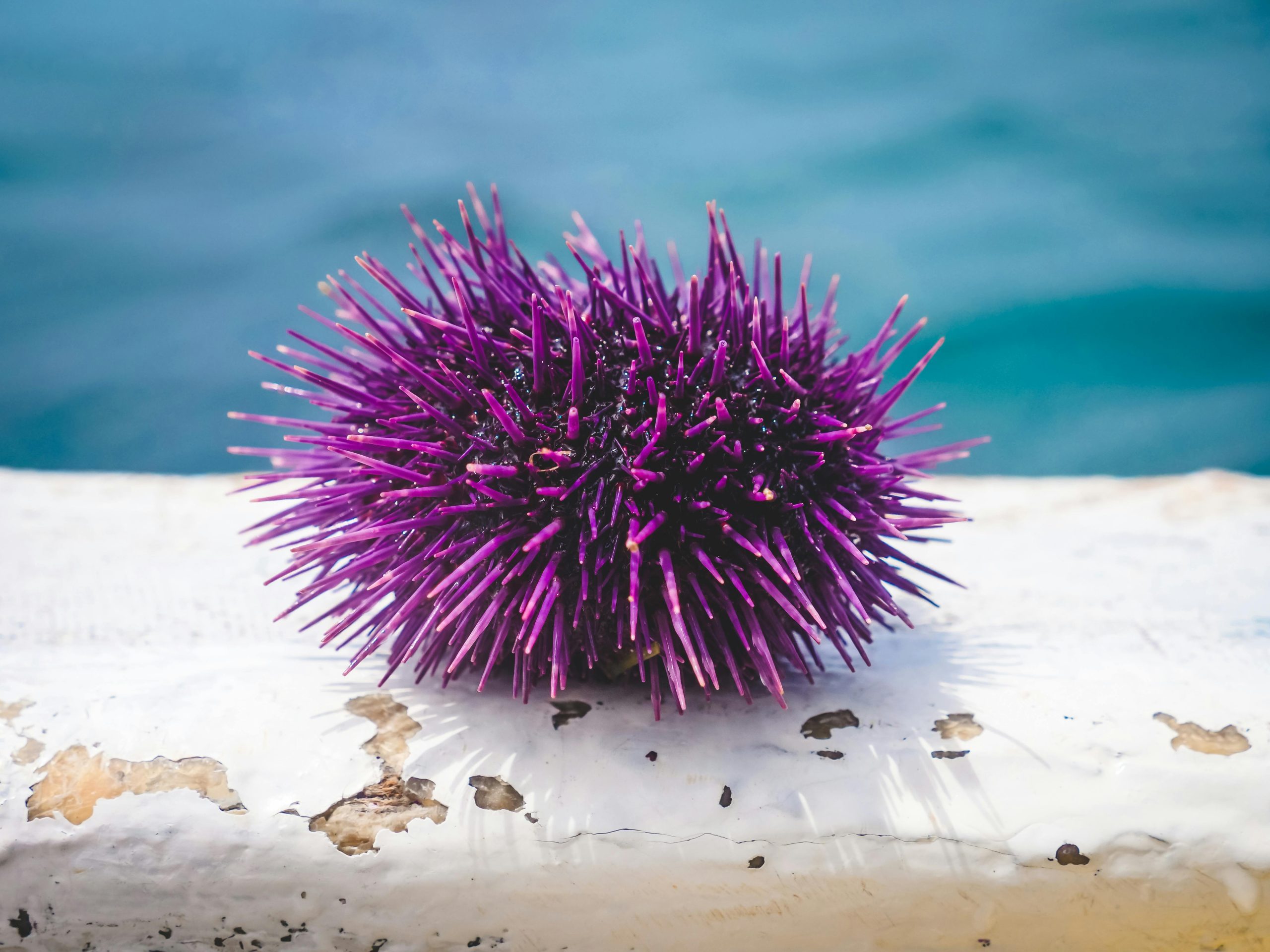Exploring Top Universities and Career Opportunities in Marine Biology
Are you passionate about the ocean and considering a career in marine biology? If your child is interested in this fascinating field, choosing the right educational institution is a crucial step. For families based near the UAE, finding universities within accessible travel distances can make future visits more manageable.
Selecting the Right Marine Biology Program
When evaluating potential universities, look for reputable programs known for their strong marine science departments. Institutions with extensive research facilities, partnerships with marine research centers, and active fieldwork opportunities can provide a comprehensive learning experience. Some universities in regions adjacent to the Middle East, such as in Europe, Asia, or neighboring countries, might offer excellent marine biology programs suited to your needs.
Key Factors to Consider:
- Accreditation and academic reputation
- Access to marine ecosystems for research
- Opportunities for hands-on internships and fieldwork
- Faculty expertise and research output
- Support services for international students
Potential Career Paths and Daily Responsibilities
A degree in marine biology opens the door to a diverse array of exciting career options. These might include roles such as marine conservationist, research scientist, coral reef specialist, marine policy advisor, or aquarist. Each vocation involves different daily tasks but generally includes activities like conducting field surveys, collecting and analyzing samples, developing conservation strategies, or engaging in public education and outreach.
Understanding what a typical day looks like can help aspiring marine biologists determine if this path aligns with their interests. For example, a field researcher may spend days at sea gathering data, while a lab-based scientist analyzes samples and prepares reports.
Seeking Expert Guidance
If you’re considering this career trajectory for your child, reaching out to university admissions officers, marine research organizations, or professionals already working in the field can provide valuable insights. Attending educational fairs, open days, and networking events can also help clarify options and set realistic expectations.
Final Thoughts
A career in marine biology offers the chance to contribute to vital environmental conservation efforts and explore the mysteries of the ocean. By carefully selecting an appropriate university and understanding the potential career pathways, students can set themselves on a fulfilling and impactful journey exploring our planet’s most extensive ecosystem.
If you have questions or need further assistance in navigating educational choices for aspiring marine biologists, feel free to seek advice from educational consultants or marine science communities. Your dedication to supporting future marine scientists can make a significant difference in their success.
